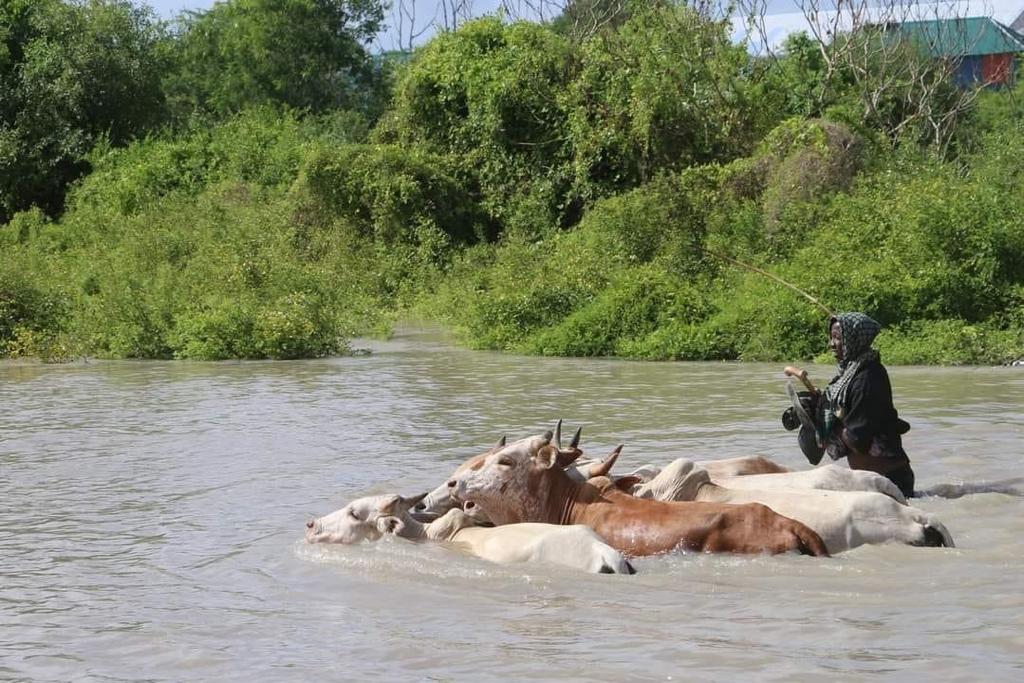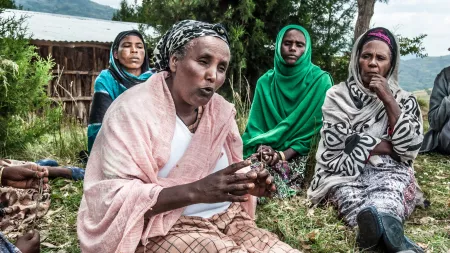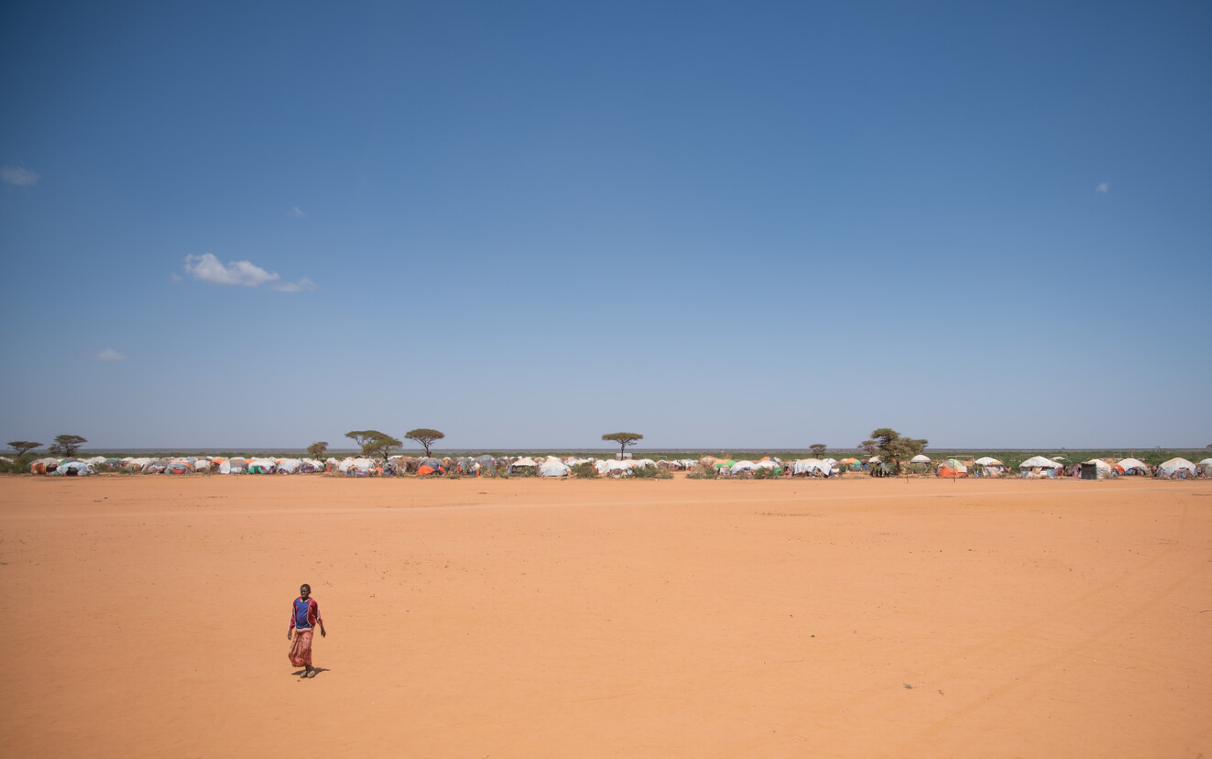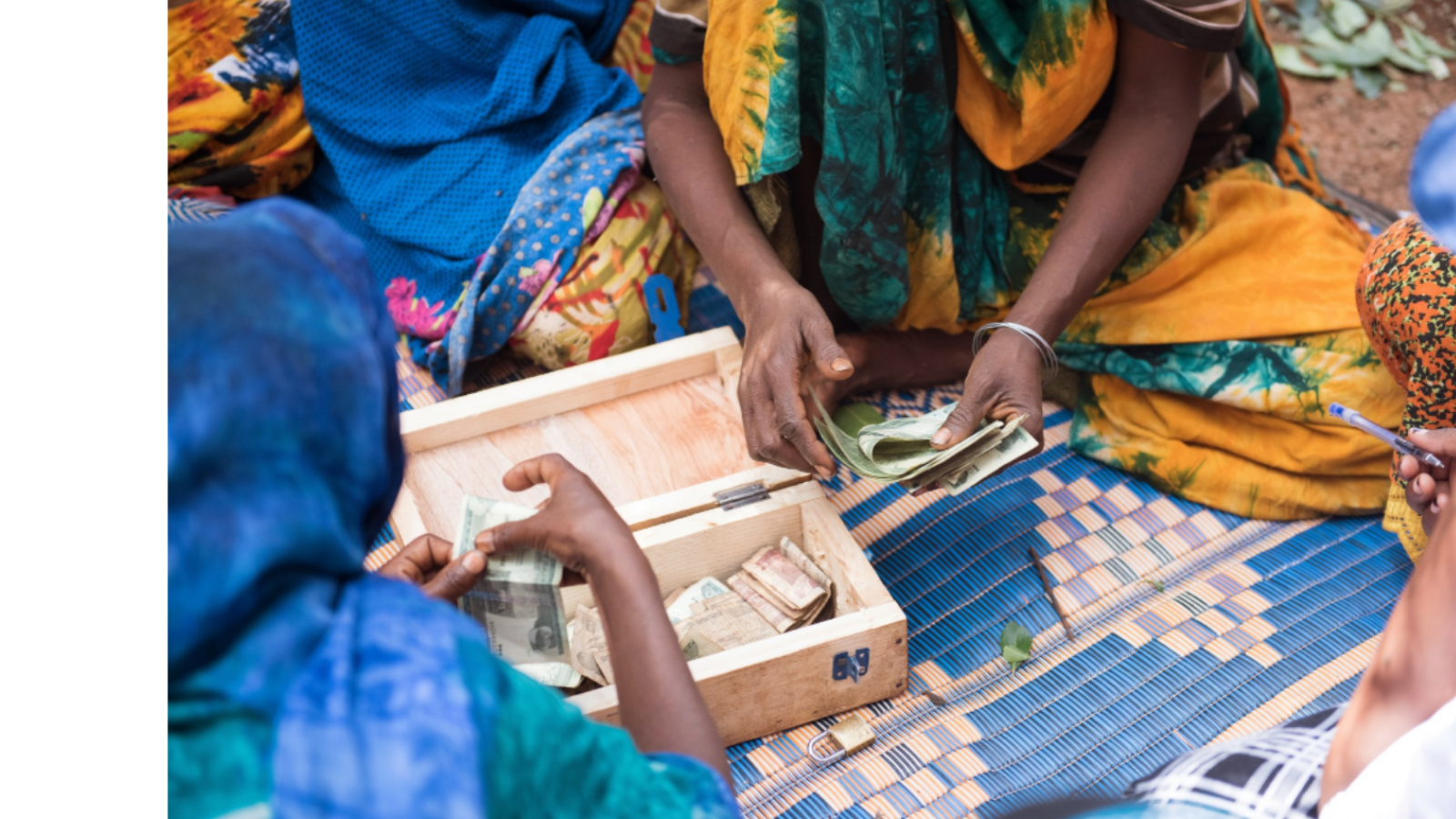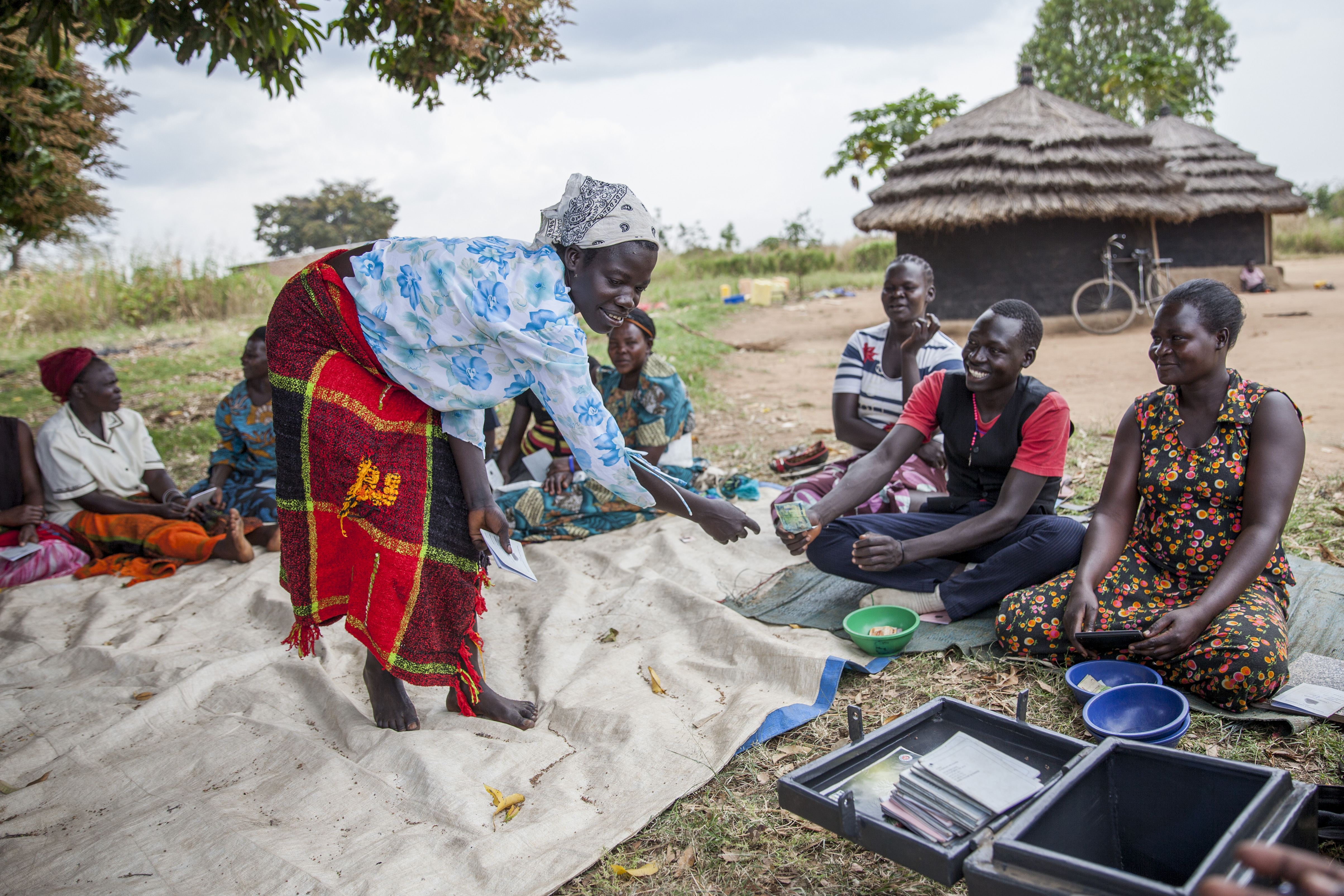History of CARE International's work in Ethiopia
CARE International started working in Ethiopia in 1984, initially responding to severe drought and famine that killed nearly one million people. While we still provide emergency food relief, our work has expanded to address the root causes of poverty and vulnerability through longer-term development work.
More recently, millions of Ethiopians have been forced to flee their homes to escape violence. This conflict, centered in the northern part of Ethiopia, has worsened food insecurity, malnutrition, and disease outbreaks.
What CARE International does in Ethiopia
As part of CARE Ethiopia's focused and long-term program approach to poverty eradication, we prioritize working with women and girls in rural and urban areas.
Our longer-term programs focus on:
Since 2020, CARE has responded to COVID-19 in Ethiopia. Response efforts include supporting people through health programming, hygiene kits, and access to food and clean water.
